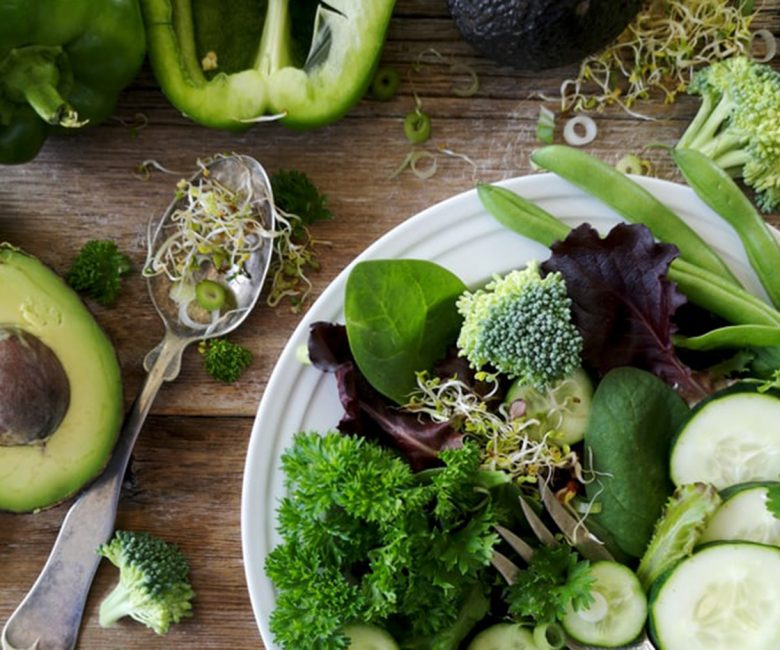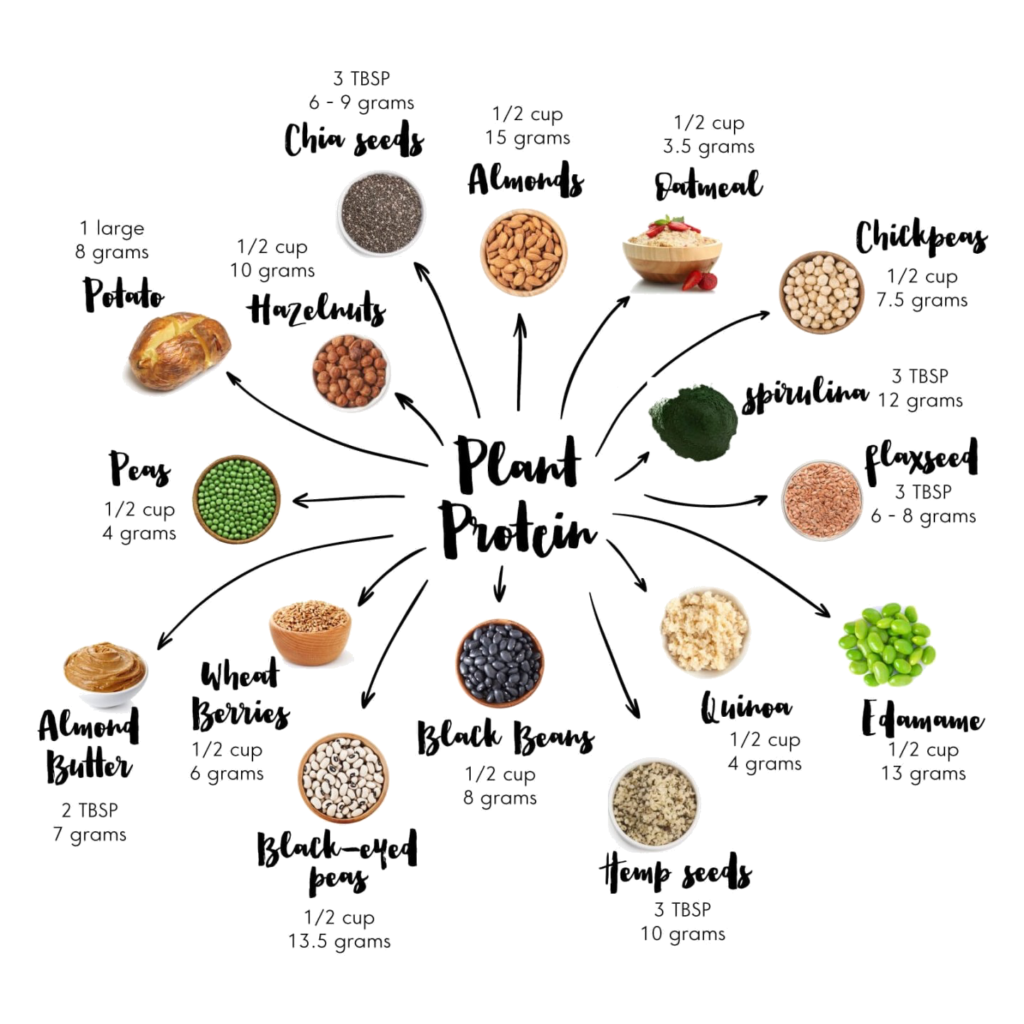THE FUTURE OF FOOD IS PLANT PROTEIN
FEEDING THE
PLANET SUSTAINABLY
ABOUT US
Botanical Proteins
We are not creating alternative meats and milks, we are building a new industry called Botanical Proteins.
Key Highlights:
- Patented 100% Plant Ultisation
- Zero Waste process
- High purity proteins extracted with excellent mouth feel
- Extraction of Omega’s 3, 6 & 9
- Low cost of production & Scalability
- Patented extraction of plant triglycerides
Key Addressable Markets:
- Plant Milks with High Protein, Omega’s & Flavonoids
- Nut Milks with High Protein, Omega’s and Zero sugar
- Alternative Meats with Omega 3, 6 & 9, full spectrum of proteins
- Organic binders for meat and non-meat products
- Organic, low salt, Zero Chemical Alternative meats


The Problem
Why Plant Proteins?
Globally there is lot more going on than just consumers being aware of the need to limit their animal and increase their plant based protein consumption. While 95% of those that buy impossible burgers are meat eaters and the rise of “Flexitarian” consumers is here, there are bigger issues driving governments around the world to convince the population that eating more plants is good:
200 Million – Is the number to date of Pigs being disposed of in China due to swine disease.
¼ of the worlds pigs died in a year. By the end of June 2019, China’s local authorities had amassed a total debt of at least 21 trillion yuan (more than $3 trillion), according to the Ministry of Finance.
Nearly 90% of the world's marine fish stocks are now fully exploited, overexploited or depleted.
1900 – Is the equivalent year that that Australia’s sheep population was this low.
World War 2 – Was the last time Australia’s cattle stocks were at this lower level.
Drought – Across, USA, Australia, New Zealand, Brazil, Argentina and China is driving production numbers across all produce down and the prices to record levels.

The Solution
Transforming the future for plant proteins with plant waste
There is a global crisis of how to create the nutrition, to feed 9 Billion people by 2050. Botanical Proteins already has a plant protein solution.
Historical technologies for food harvesting and processing, have often been inefficient and lacking scale. Botanical Proteins CCE and CCI technologies are already proven for creating very healthy and profitable new products from previous considered “waste”.
Market Opportunity: $2.96 trillion market for animal products, with alternative protein expected to capture 5-10% by 2025. Botanical Proteins already has a plant protein solution for an expanding multi Billion Dollar market from agricultural waste.
Botanical Protein is already progressing to delivering a Paradigm Shift Through Proven Disruptive Technology.
With our unique technology, IP & market vision, Botanical Protein is preparing to feed the planet with Plant Protein, from todays agricultural waste.
Realising global goals of
Net Zero Carbon
Waste valorisation is an appealing concept for promoting and developing manufacturing processes that converts renewable food wastes into valuable marketable products.
This broad research initiative is aligned with initiatives by the Australian Government to reduce food waste with 50% by 2030.
It is also aligned with the UN’s Sustainable Development Goal 12.3
The ongoing outcomes will generate new knowledge, technologies and capabilities for Botanical Proteins that will enable the company to expand and dominate the global, rapidly growing market of plant-based meat and dairy products.

Key technologies that set Botanical Proteins apart
Technology for production of binders, texturisers, emulsifiers and other auxiliary ingredients from low-cost plants and by-products for manufacturing food products with improved texture, sensory properties and defined health benefits.
Technologies for isolating, fractionating and functionalization of proteins and plant fibres.
Novel cellular agriculture platform for sustainable production of triglycerides and phospholipids with unlimited structural diversity.
Efficient waste-valorisation approach that will yield high quality alternative protein to produce a wide range of sustainable meat mimetic products.
Production of media by-product rich in amino acids and other nutrients, usable for down-stream fermentation and production of a broad range of food ingredients such as enzymes, vitamins and biologically active compounds.

Market Approach
Plant Protein – Beyond Impossible Meat
- Full Spectrum plant proteins for beverages and food products
- Omega’s 3, 6 & 9 all from plants
- Organic meat binders for traditional meats such as paddies, nuggets and fish fingers
- Plant derived triglycerides that provide flavor and mouth feel for Botanical Protein paddies, nuggets and food products
- Low cost of production as all products are made from current agricultural waste streams with low risk technology. No laboratories or special scientists needed.

Three Phased Approach to Dominate Market

Future Growth Pathways for Plant Products

Supplement Ingredients
The global dietary supplement market is growing at a CAGR of 8.91% in the forthcoming period 2021-2028. According to the geographical landscape, Asia-Pacific is expected to be the fastest-growing region for the dietary supplement market in the forecasted years. The growing geriatric population and their need for these products, coupled with the increasing health-consciousness and lifestyle changes among the general public in countries like China, Japan, Indonesia and India, are the main factors driving the growth of the dietary supplement market in Asia-Pacific.
Botanical Proteins, through Defugo Technologies, develops and manufactures the supplements and FMCG products for a number of large manufacturing and distribution companies to push through their distribution in USA, Europe and Asia.

Key Support Partners
Building The Business
1
Botanical Proteins and Sydney University have assembled a multidisciplinary research team composed of distinguished researchers with complementary expertise pivotal to this proposal. Our team has a track record of industry collaborations leading to research translation and significant outcomes.
2
USyd is well-positioned to support Botanical Proteins to promote circular food economy as it has established ‘Food and Agriculture’ as a priority research area through major investment in:
1- Centre for Advanced Food Engineering led by CI.
2- World-class facilities at the Sydney Institute of Agriculture led by Brent Kaiser
3- Charles Perkins Centre, a multidisciplinary research facility to dedicated to promoting health and sustainability.
3
Westmead Institute of Medical Research a world class research institute conducting multidisciplinary research in various aspects of human health and diseases.









